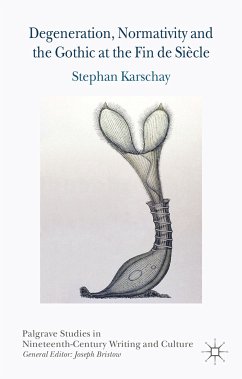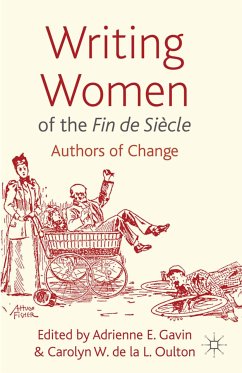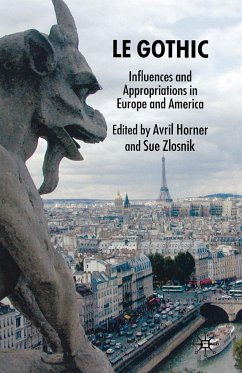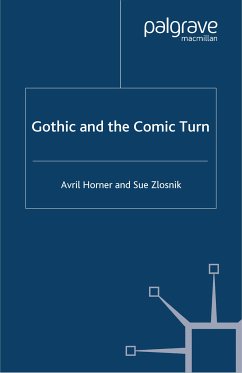
Degeneration, Normativity and the Gothic at the Fin de Siècle (eBook, PDF)
Versandkostenfrei!
Sofort per Download lieferbar
72,95 €
inkl. MwSt.
Weitere Ausgaben:

PAYBACK Punkte
36 °P sammeln!
This exciting new study looks at degeneration and deviance in nineteenth-century science and late-Victorian Gothic fiction. The questions it raises are as relevant today as they were at the nineteenth century's fin de siecle: What constitutes the norm from which a deviation has occurred? What exactly does it mean to be 'normal' or 'abnormal'?
Dieser Download kann aus rechtlichen Gründen nur mit Rechnungsadresse in A, B, BG, CY, CZ, D, DK, EW, E, FIN, F, GR, HR, H, IRL, I, LT, L, LR, M, NL, PL, P, R, S, SLO, SK ausgeliefert werden.












